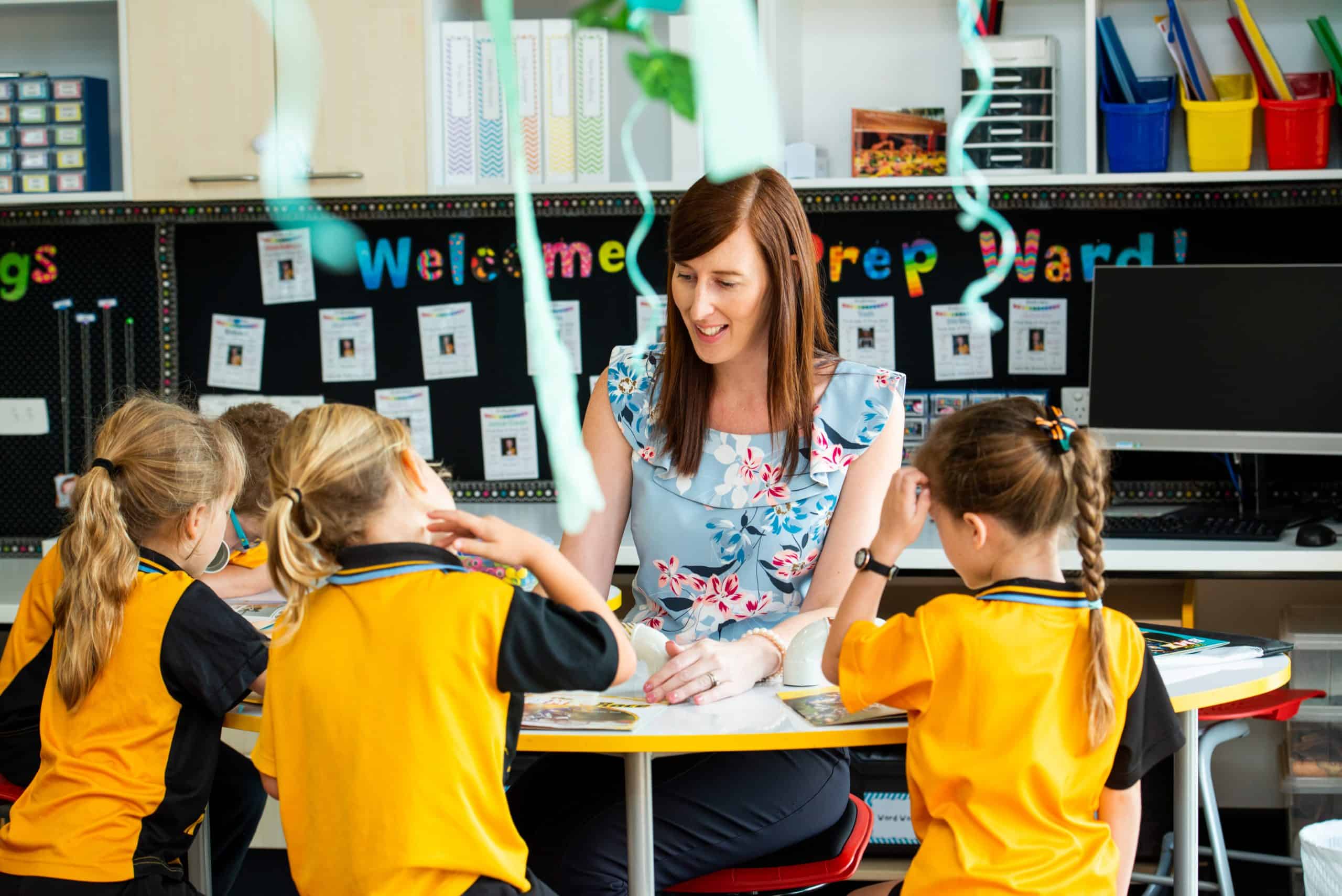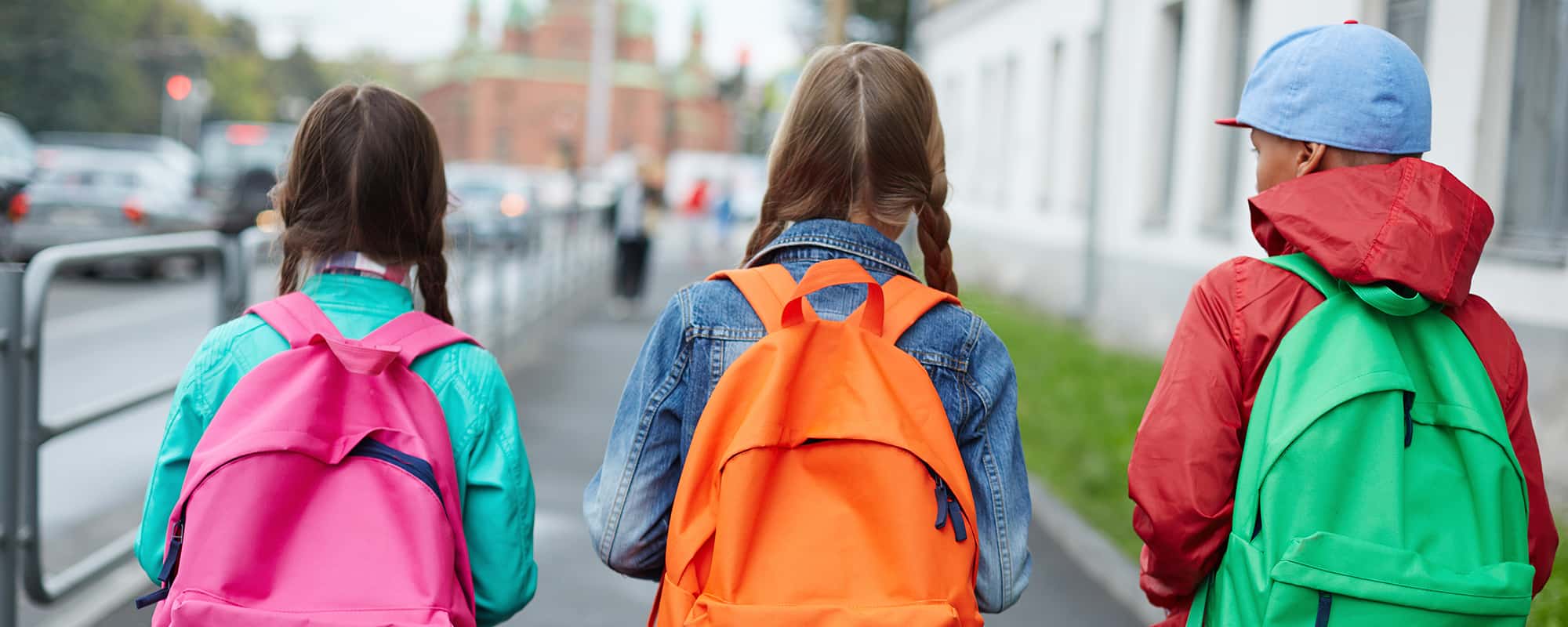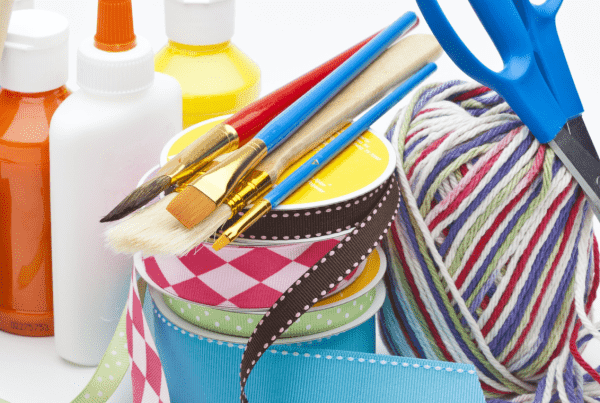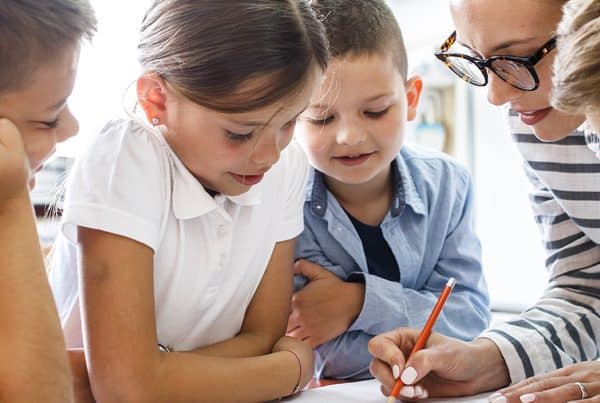School readiness is a measure of the knowledge, skills and behaviours that enable children to participate, and succeed in school. Parents sometimes think that school readiness means being able to read, write and do basic maths before starting school – but this isn’t the case! School readiness is about the development of the whole child — their social, emotional, physical, communication and cognitive skills.
Research shows that children who start school when they are developmentally ready to learn will do better in school, and this naturally sets them up for success in their learning and life journey.
Below are some indicators and guides to help you prepare your child for a positive transition into school:
Social Skills
Being able to get along with other children, demonstrate basic manners, assert themselves, and being able to play independently as well as with other children.
Emotional Maturity
Being able to manage their emotions, cope with minimal adult contact in large groups, focus on tasks, follow directions and instructions from teachers, cope with the stress of the new school environment, and understand the rules.
Language Skills
Being able to talk and listen to adults and other children, speak clearly, communicate needs, understand stories, and begin to identify some letters and sounds.
Cognitive Skills
Basic number sense, basic thinking skills, being able to wait and take turns.
Physical Health and Coordination
Basic health, fine motor skills (such as being able to grip a pencil and turn pages in a book), and physical coordination (being able to run, jump, climb, and play ball).
Independence
Basic skills to manage their needs without adult supervision, such as going to the toilet, dressing, unwrapping their lunch, and managing their belongings.
Every child develops at their own pace and has their own strengths, interests, temperament, and approach to learning — so don’t worry if your child doesn’t demonstrate all of the school readiness skills and behaviours described above.
If you feel at all concerned with your little one’s development, talk to their teacher/early childhood educator or your GP — they will be able to provide assessment and advice.
STORY BY Cyndi Friend, Director of Early Education, Townsville Grammar School







